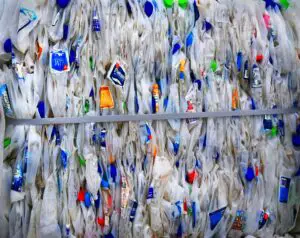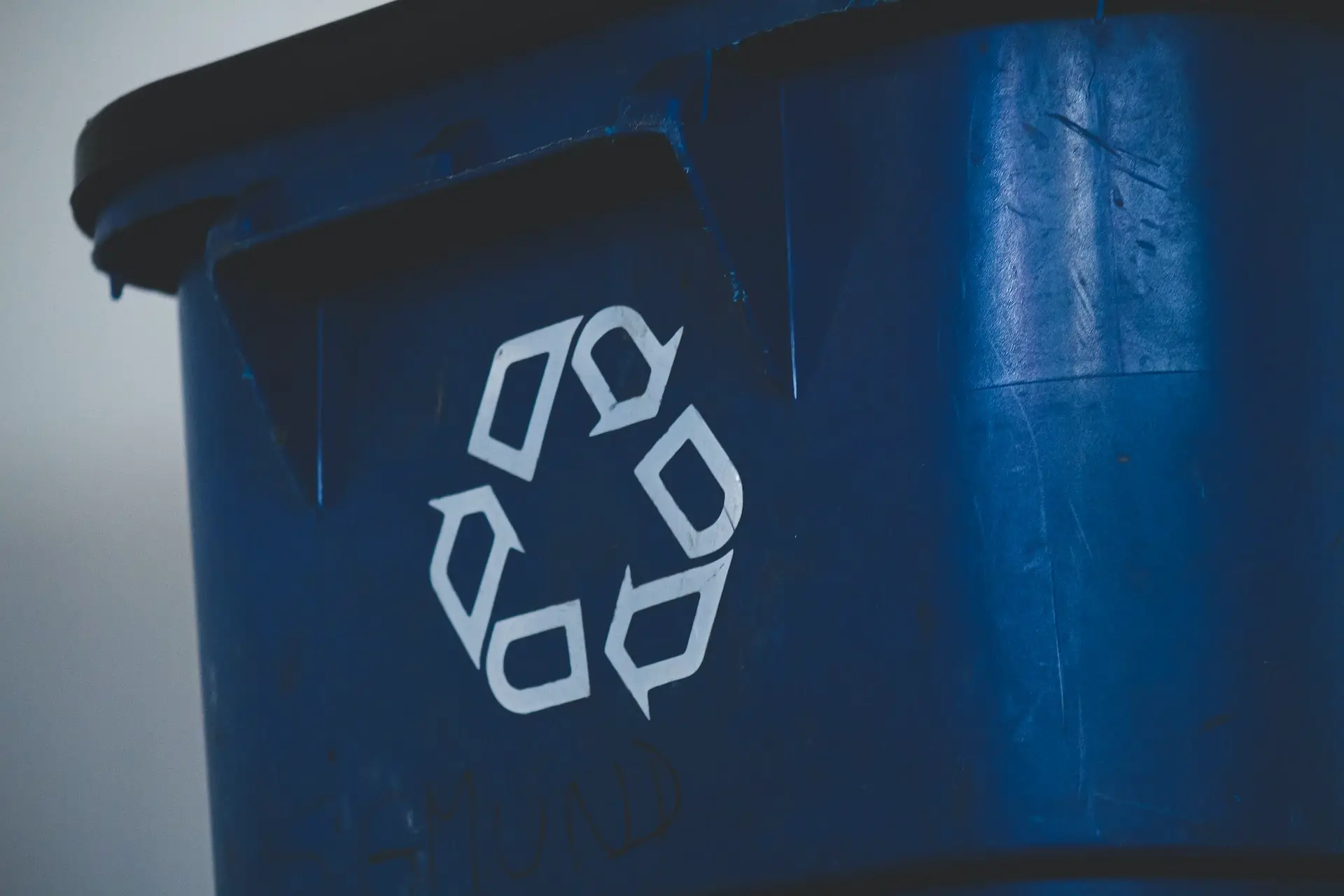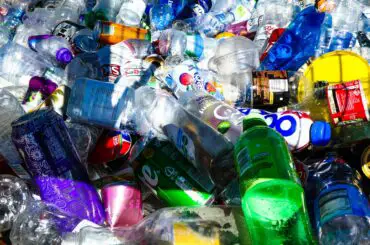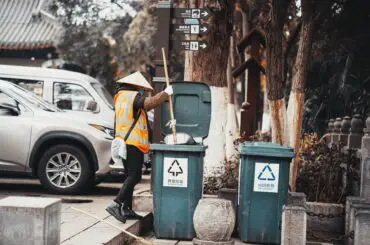Recycling is a vital practice that plays a significant role in promoting sustainability and effective waste management. As our planet faces environmental challenges and resource depletion, recycling offers a practical solution to reduce our ecological footprint and preserve valuable resources. In this article, we will explore the advantages and disadvantages of recycling, shedding light on the benefits it brings as well as the challenges it poses. By understanding both sides of the equation, we can make informed choices and contribute to a more sustainable future. Let’s delve into the world of recycling and discover its potential to shape a greener and cleaner world.
Contents
 Advantages of Recycling
Advantages of Recycling
- Conservation of Resources: Recycling significantly reduces the need for extracting and processing raw materials. By reusing materials like paper, plastic, glass, and metals, we can conserve natural resources such as forests, oil, minerals, and water. For instance, recycling one ton of paper saves around 17 trees, 7,000 gallons of water, and 463 gallons of oil. By reducing our reliance on raw materials, recycling helps protect ecosystems and preserve the Earth’s resources for future generations.
- Energy Savings: Compared to manufacturing products from scratch, recycling generally requires less energy. The process of extracting and refining raw materials demands substantial energy inputs. Recycling, on the other hand, often involves processes like melting, shredding, and refining, which consume significantly less energy. This energy-saving aspect of recycling contributes to a reduced carbon footprint and helps mitigate climate change by lowering greenhouse gas emissions associated with resource extraction and production.
- Waste Reduction: One of the most significant benefits of recycling is the diversion of waste from landfills. By recycling materials instead of sending them to disposal sites, we can effectively manage waste and reduce the strain on landfills. This not only extends the lifespan of landfills but also mitigates environmental issues such as groundwater contamination, soil degradation, and methane gas emissions. Recycling empowers us to minimize the volume of waste that occupies valuable land and poses environmental risks.
- Environmental Benefits: Recycling offers numerous environmental advantages. Firstly, it reduces pollution and the release of harmful substances into the environment. By recycling materials like plastic and hazardous waste, we can prevent these items from polluting our oceans, rivers, and soil. Secondly, recycling helps mitigate climate change. The energy savings achieved through recycling translate into reduced greenhouse gas emissions, contributing to the global effort to combat climate change. By embracing recycling, we take an active step towards creating a cleaner, healthier environment for all living beings.
- Job Creation: The recycling industry has a positive impact on the economy by generating employment opportunities. Recycling initiatives require various stages, including collection, sorting, processing, and manufacturing. These stages involve skilled and unskilled workers, creating jobs in areas such as waste management, recycling facility operations, research and development, and green technology. The recycling industry not only contributes to local economies but also fosters sustainable development by providing stable employment and supporting small businesses.
 Disadvantages of Recycling
Disadvantages of Recycling
- Cost and Economic Viability: One of the main challenges associated with recycling is the financial aspect. Recycling processes can be costly, especially when compared to traditional waste disposal methods. The collection, sorting, transportation, and processing of recyclable materials require significant investments in infrastructure and technology. Additionally, recycling low-value materials, such as certain types of plastics, may not be economically viable, making it challenging to develop financially sustainable recycling programs.
- Contamination and Sorting Challenges: Contamination poses a significant obstacle to the effectiveness of recycling. When non-recyclable items or improperly sorted materials end up in recycling streams, they contaminate the recyclables and reduce their value. Contamination can come from food waste, liquids, or other non-recyclable materials mixed with recyclables. The sorting process becomes more complex, requiring additional resources and time to separate the contaminated materials accurately. Addressing contamination and educating the public about proper recycling practices are crucial to enhance recycling efficiency.
- Limited Recycling Infrastructure: Recycling infrastructure varies across regions, leading to disparities in accessibility and resources. In some areas, there may be inadequate facilities for collecting, sorting, and processing recyclables. This can result in higher transportation costs to transport materials to distant recycling centers. Limited recycling infrastructure also hinders the convenience and accessibility of recycling options for individuals and communities. Developing a robust and inclusive recycling infrastructure is necessary to overcome these limitations.
- Energy and Environmental Trade-offs: While recycling generally saves energy and reduces emissions compared to traditional manufacturing processes, recycling requires energy and can emit pollutants. Energy is consumed during the transportation, sorting, and processing of recyclables. Additionally, certain recycling methods or technologies may emit pollutants or involve the use of chemicals. The overall environmental impact of recycling depends on various factors, including the specific material being recycled, the recycling method employed, and the energy sources used. Balancing these trade-offs is essential to ensure that the environmental benefits of recycling outweigh the associated energy consumption and emissions.
- Limited Scope: Recycling faces challenges in dealing with certain materials or products. Some materials, such as certain types of plastics or composite materials, may pose technical difficulties in the recycling process due to their composition or design. Additionally, not all products or materials can be effectively recycled. This limitation emphasizes the need for comprehensive waste management strategies that include reduction, reuse, and proper disposal alongside recycling. Achieving sustainable waste management requires a combination of approaches beyond recycling alone.
 So, What are the advantages and disadvantages of recycling?
So, What are the advantages and disadvantages of recycling?
Recycling offers significant advantages, including resource conservation, energy savings, waste reduction, environmental benefits, and job creation. However, it also faces challenges such as cost issues, contamination, limited infrastructure, energy trade-offs, and scope limitations. Ongoing efforts are being made to improve recycling systems and address these challenges. It is important for individuals and communities to prioritize recycling, actively participate in sustainable waste management practices, and support the development of a comprehensive recycling infrastructure. By doing so, we can maximize the benefits of recycling and contribute to a greener and more sustainable future.
Want to know about Baker Creek Seeds racist controversy? Read it here.





